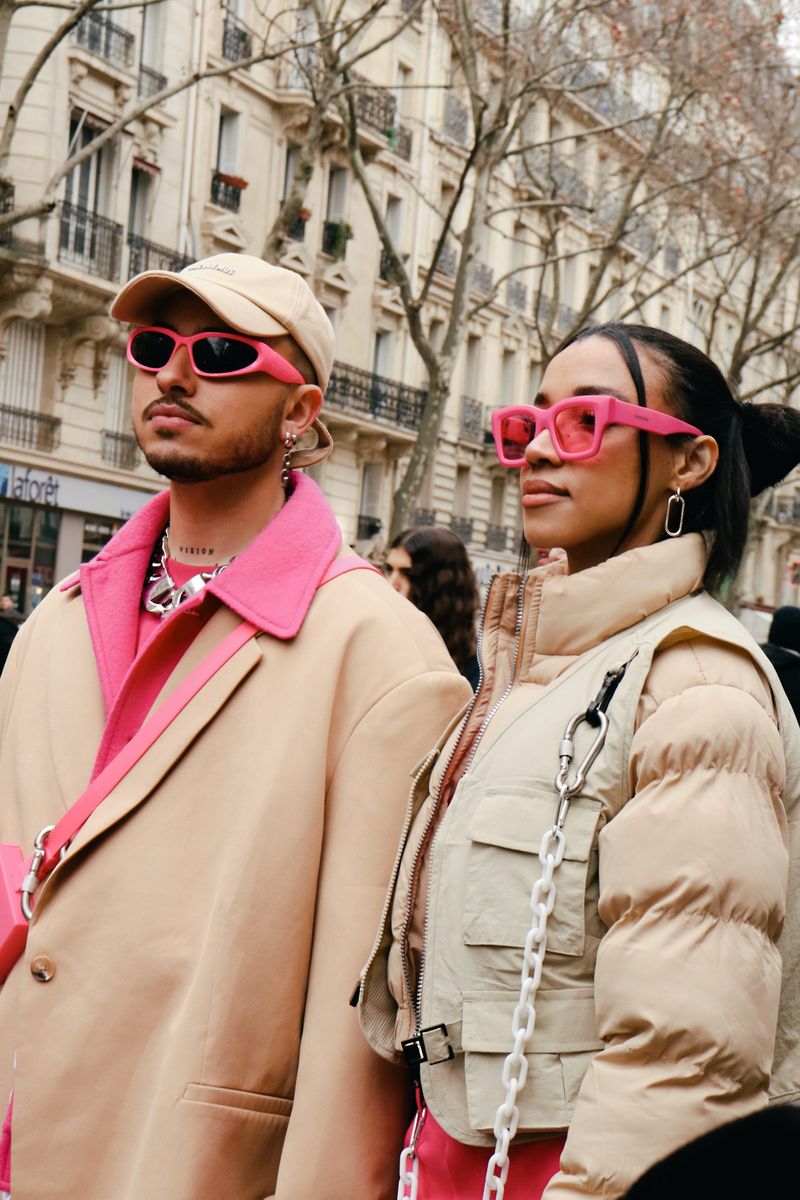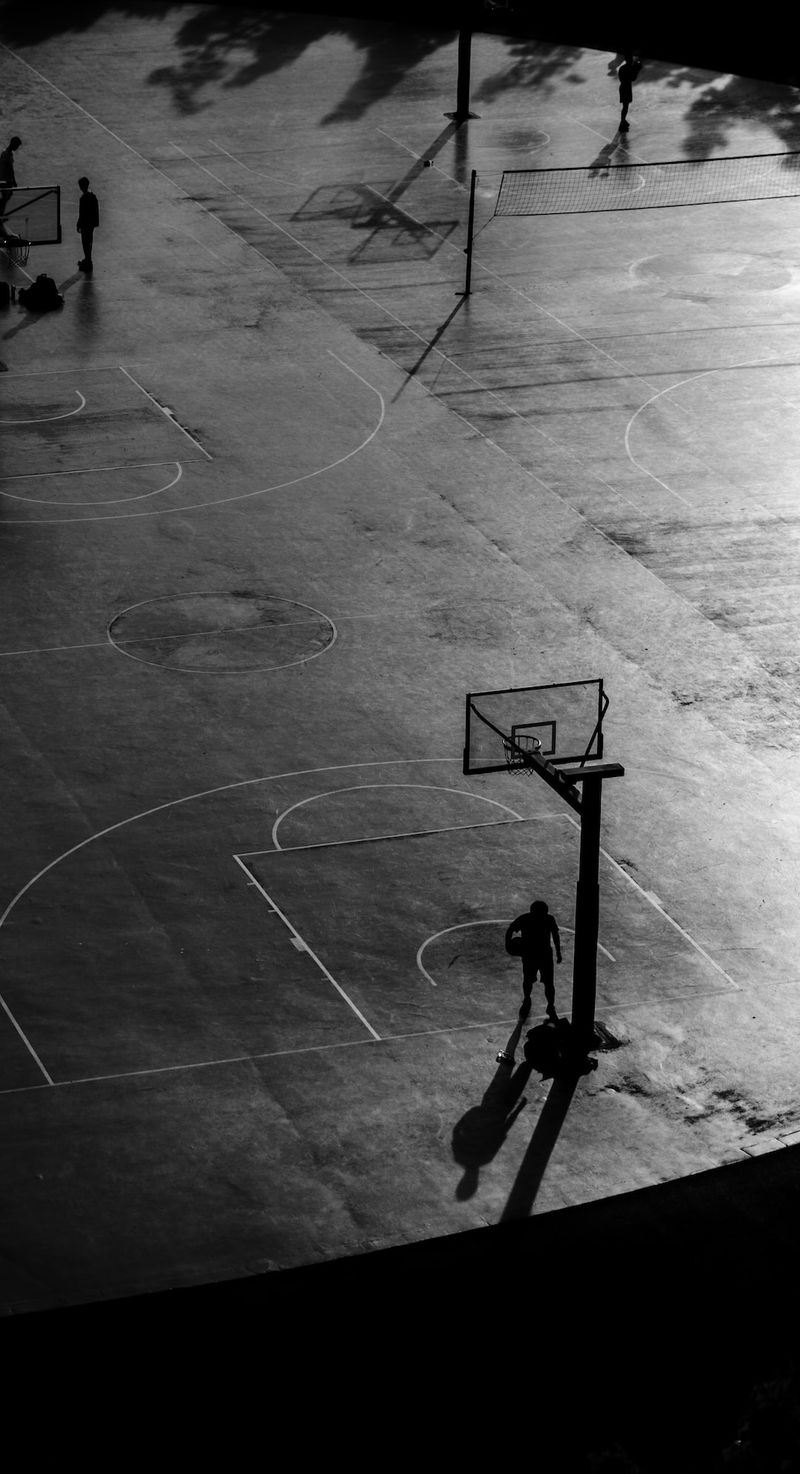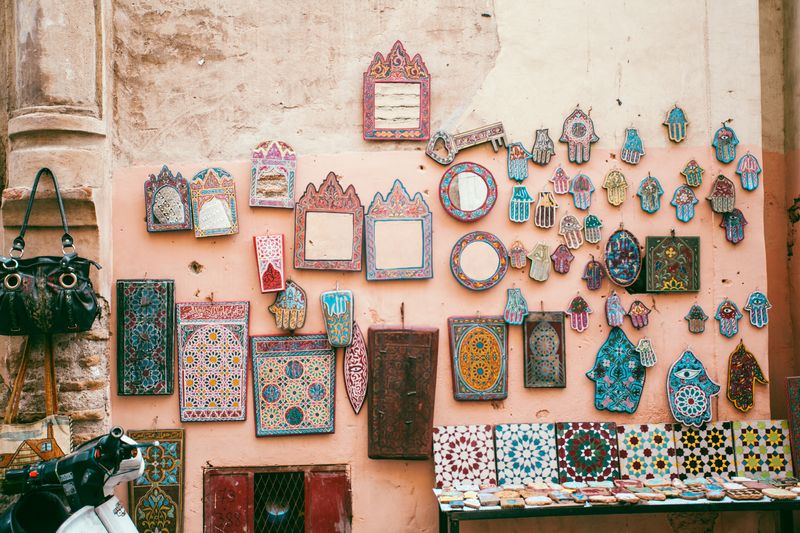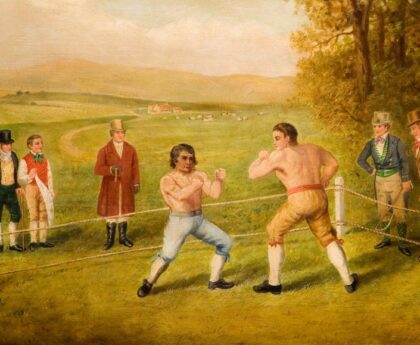Sam Kerr disappointed with FIFA’s ban on rainbow armbands at Women’s World Cup
Rainbow armbands banned, but inclusion-themed one allowed
Sam Kerr, the star player of the Australian women’s national soccer team, the Matildas, has expressed her disappointment with FIFA’s decision to prohibit players from wearing rainbow armbands during the upcoming Women’s World Cup. The ban includes the rainbow armbands, which were prohibited during the men’s World Cup in Qatar as well. FIFA has introduced eight officially approved armbands that captains can wear to promote social issues such as peace, world hunger, gender equality, and violence against women. However, the armband intended for promoting inclusion does not explicitly represent the LGBTQIA+ community.
Concerns about potential risks and consequences
Kerr, who is in a relationship with United States international Kristie Mewis, acknowledged the ban but expressed her desire to support LGBTQIA+ causes. She explained that wearing the rainbow armbands could risk penalties, as the match referee would be compelled to show a yellow card to any players who defy the rules. Kerr cited the example of Harry Kane, who would have received a yellow card if he had worn the armband during the men’s World Cup, potentially jeopardizing the game for his team. Kerr emphasized that she does not want to put her team, the tournament, or everything they have worked for at risk.
In February 2023, the Matildas became the first national team to wear rainbow numbers on their jerseys to celebrate Sydney WorldPride. Kerr believes that there are still ample opportunities for her and the team to use their voices to advocate for LGBTQIA+ causes, even if they cannot wear the rainbow armbands during the Women’s World Cup.
Football Australia’s statement and criticism of FIFA’s decision
Football Australia released a statement supporting FIFA’s decision but highlighted that the selection of approved armbands did not explicitly address LGBTQIA+ inclusion. They welcomed the inclusion of an Indigenous-focused armband but expressed disappointment in the omission of the LGBTQIA+ community.
Kate Gill, co-chief executive of Professional Footballers Australia and a former Matildas striker, criticized FIFA’s attempt to restrict players from expressing themselves. Gill praised the Matildas for playing an active role in advocating for gender equality and LGBTQIA+ inclusion, stating that any player who uses their platform to support human rights will have the full support of the organization. She called out FIFA’s hypocrisy in limiting players’ freedom of expression while also proclaiming that football unites the world and can shed light on important causes.
Editorial: A missed opportunity for FIFA to show genuine support for LGBTQIA+ rights
FIFA’s decision to ban rainbow armbands at the Women’s World Cup is a missed opportunity to demonstrate genuine support for LGBTQIA+ rights in the world of football. While the organization has introduced armbands to promote various causes, the exclusion of explicit recognition for LGBTQIA+ inclusion is disappointing.
Football is a sport that reaches millions of people globally, and its influence extends beyond the field. Players, as public figures, have the power to inspire and effect change. By restricting their ability to express support for LGBTQIA+ rights, FIFA is limiting the potential impact that football can have in promoting equality and inclusion.
It is crucial for sporting organizations to lead by example and embrace diversity, ensuring that every participant feels welcome and accepted. By allowing players to wear rainbow armbands, FIFA would send a powerful message of inclusivity and support for LGBTQIA+ athletes and fans. Instead, their decision only reinforces the perception that football is not fully committed to challenging discriminatory practices and fostering an inclusive environment.
The Matildas, led by Sam Kerr, have been at the forefront of the fight for gender equality and LGBTQIA+ inclusion. Their active role in advocating for these causes demonstrates their commitment to societal progress and the importance they place on using their platform for positive change. FIFA’s decision, therefore, seems contradictory and dismissive of the efforts made by the players and the broader football community.
By allowing the rainbow armbands, FIFA would not only unite players and fans around a shared cause but also provide an opportunity for dialogue and education. Sport has the power to break down barriers and challenge prejudices. It is in this spirit that FIFA should reconsider their decision and embrace the opportunity to stand with LGBTQIA+ athletes, promoting a world where everyone can play and support the beautiful game without fear of discrimination.
Advice: Supporting LGBTQIA+ causes beyond the armband
While the ban on rainbow armbands may limit the visibility of LGBTQIA+ support during the Women’s World Cup, players, teams, and fans can still contribute to advancing LGBTQIA+ rights within the world of football and society as a whole. Here are a few suggestions:
Use social media platforms:
Players and teams can leverage their reach on social media platforms to raise awareness about LGBTQIA+ issues and promote inclusivity. By sharing personal stories, advocating for policy changes, or highlighting LGBTQIA+ organizations, they can engage with fans and inspire meaningful conversations. Football associations can also use their official social media accounts to amplify these messages and encourage dialogue.
Promote LGBTQIA+ representation in leadership:
Football clubs and associations can actively work towards increasing LGBTQIA+ representation in leadership positions within the sport. By promoting diversity at decision-making levels, they can ensure that the voices and experiences of LGBTQIA+ individuals are included in shaping the future of football.
Host LGBTQIA+ awareness events:
Football clubs can organize events focused on LGBTQIA+ awareness during the Women’s World Cup. These events can include panel discussions with LGBTQIA+ athletes and advocates, film screenings, or community engagement activities. By creating safe spaces for dialogue and education, clubs can foster an inclusive environment within the football community.
Advocate for policy changes:
Players, teams, and football associations can actively engage in conversations with governing bodies like FIFA to advocate for policy changes that promote LGBTQIA+ inclusion. By using their collective voice and influence, they can push for more comprehensive policies that address discrimination and create opportunities for LGBTQIA+ individuals within football.
While the ban on rainbow armbands may be disheartening, it should not discourage individuals and teams from fighting for LGBTQIA+ rights in football and beyond. By embracing these alternative avenues for support, the football community can continue making a positive impact and working towards a more inclusive future.
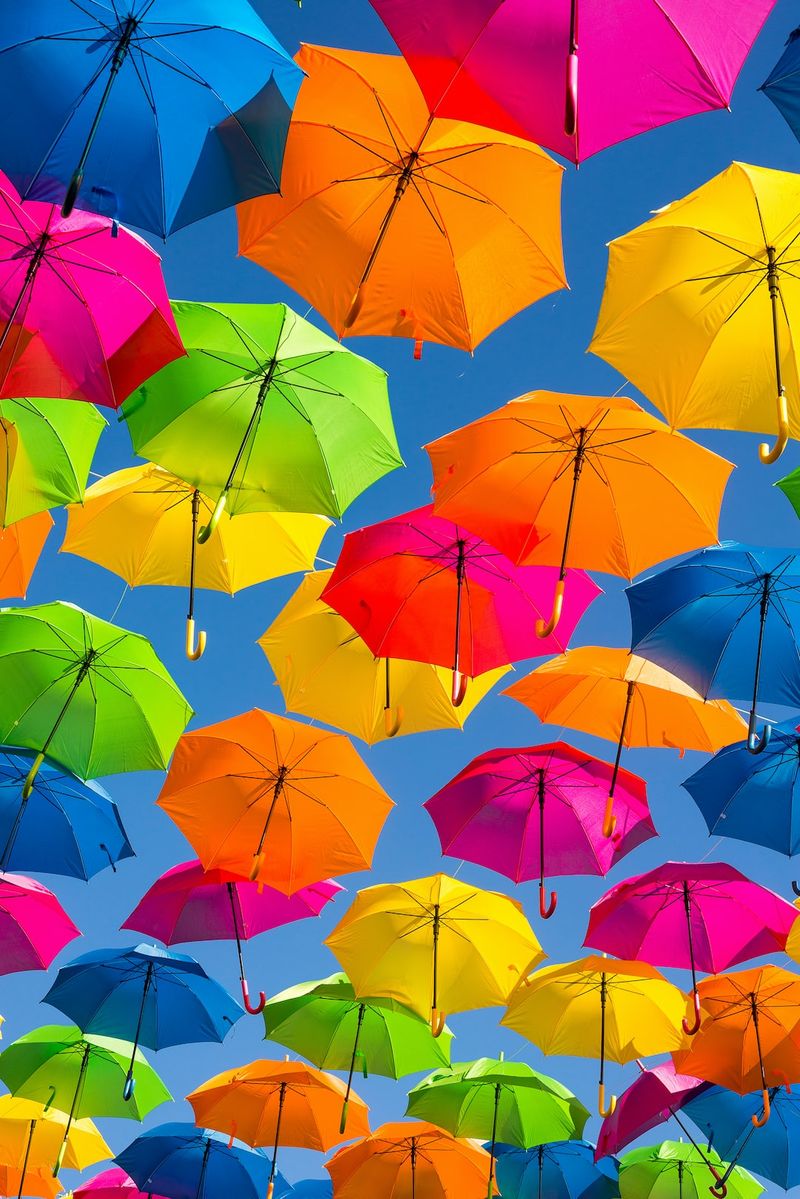
<< photo by guy stevens >>
The image is for illustrative purposes only and does not depict the actual situation.

